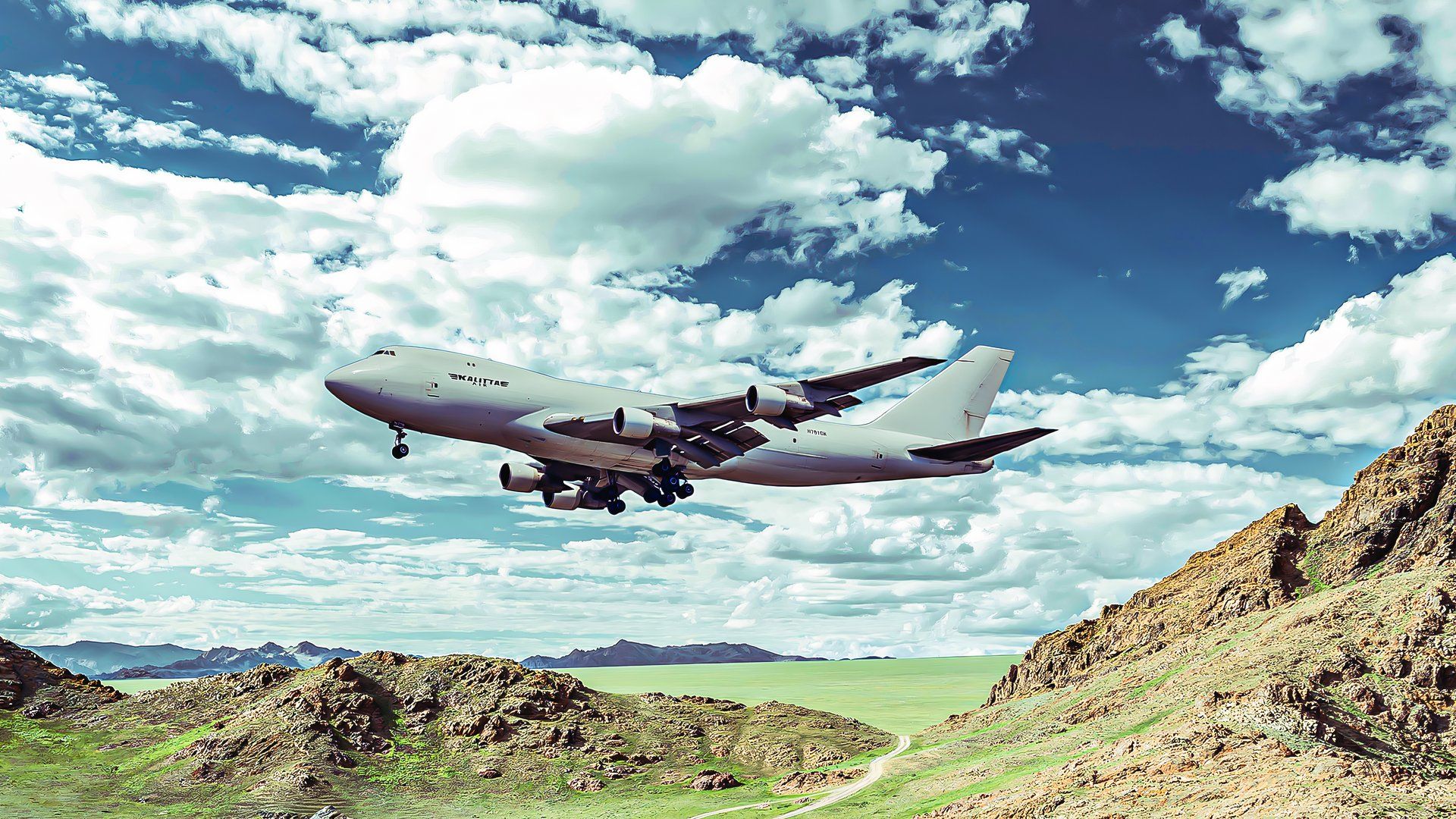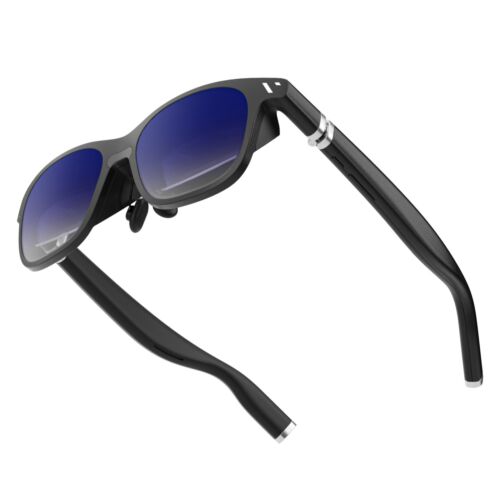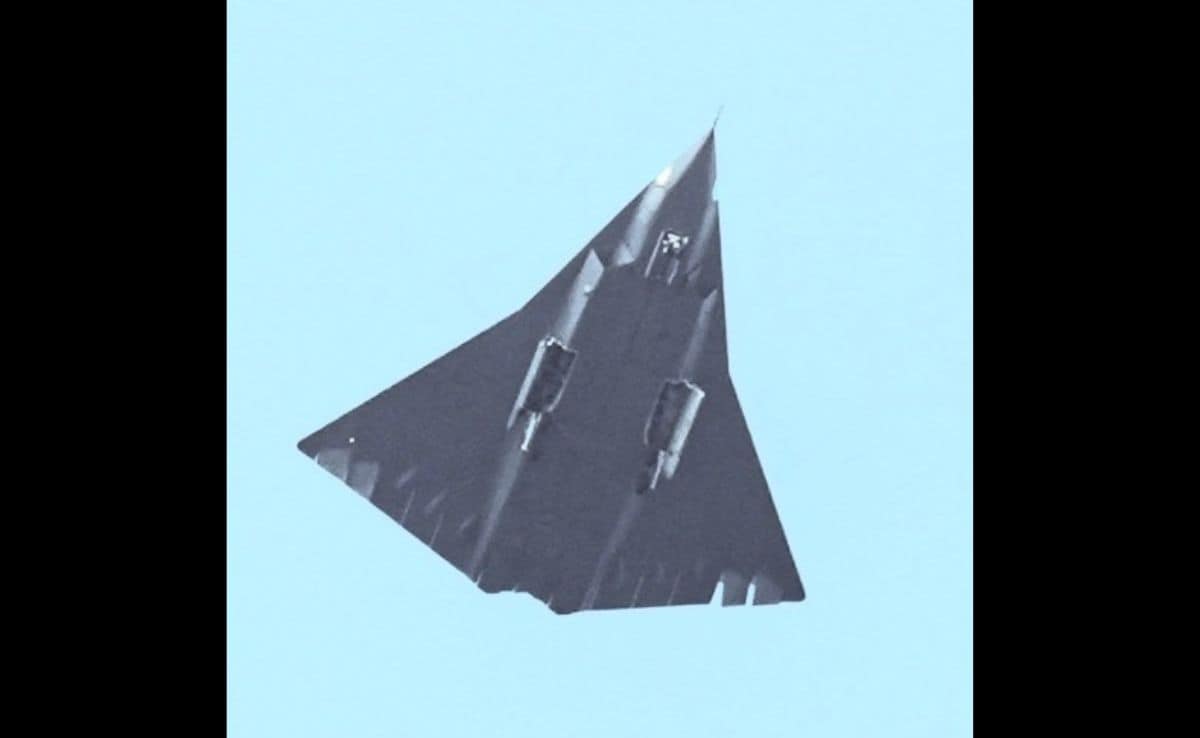When it comes to ultra-large private jets, the Boeing 747 stands in a league of its own. Often referred to as the “Queen of the Skies,” this iconic aircraft has been a symbol of luxury and grandeur for decades. While it is best known for its role in commercial aviation, the 747 has also carved a niche as a private jet for heads of state, business tycoons, and high-net-worth individuals. Let’s delve into the technical specifications, customization options, and unique appeal of the private Boeing 747 Jumbo Jet.
A History of Grandeur
The Boeing 747 first took to the skies in 1969 and revolutionized air travel with its large capacity and long-range abilities. Designed originally as a commercial airliner, the 747’s adaptability soon attracted attention from the private sector. Over the years, various versions of the 747 have been repurposed as private jets, including the 747-400 and the 747-8 Intercontinental. These aircraft are often retrofitted to meet the specific needs of their owners, transforming the already impressive jumbo jet into a flying palace.
The legacy of the 747 as a private jet is intertwined with its reputation for reliability and performance. Its ability to operate on long-haul routes while providing unmatched cabin space makes it a standout choice for those who demand the very best. Additionally, its iconic design, with the distinctive hump on the upper deck, has become a status symbol in the aviation world.
Technical Specifications
The private Boeing 747 is a marvel of engineering. The most recent variant, the 747-8, boasts a length of 250 feet 2 inches, making it the longest commercial aircraft in the world. Its wingspan stretches 224 feet 7 inches, and the aircraft stands 63 feet 6 inches tall. Powered by four General Electric GEnx-2B67 engines, the 747-8 offers a maximum thrust of 66,500 pounds per engine.
The aircraft’s performance is equally impressive. It has a maximum cruising speed of Mach 0.86 (about 660 mph) and a range of 7,730 nautical miles, enabling non-stop flights between destinations such as New York and Hong Kong. The maximum takeoff weight (MTOW) of 987,000 pounds highlights its capacity for carrying substantial payloads, whether passengers, cargo, or customized interiors.
Photo: Oleksandr Naumenko | Shutterstock
The 747’s high-performance engines and advanced aerodynamics ensure that it can operate efficiently over vast distances. Its fuel efficiency, while not on par with smaller jets, has been significantly improved with the introduction of modern engine technology. This makes it a practical choice for long-range missions without compromising on luxury or capacity.
Customization: A Sky-High Canvas
One of the defining features of a private Boeing 747 is the level of customization it offers. Owners of these aircraft work with specialized interior designers to transform the spacious cabin into a personalized retreat. The 747-8’s interior boasts over 4,800 square feet of space, providing ample room for multiple living areas, bedrooms, conference rooms, and even fitness centers.
The customization process is an intricate and highly personalized journey. Designers collaborate closely with owners to understand their preferences, ensuring every detail reflects their lifestyle and taste. From selecting luxurious materials to incorporating cutting-edge technology, the customization options are virtually limitless. Some private 747s even feature unique themes, such as art deco, modern minimalism, or traditional opulence.
Luxurious Interiors
Luxury is at the heart of every private 747. High-end materials such as Italian leather, rare woods, and marble are commonly used to craft bespoke interiors. The main deck often features a master suite complete with a king-size bed, ensuite bathroom, and walk-in closet. Additional living spaces may include lounges, dining rooms, and entertainment areas equipped with state-of-the-art audiovisual systems.
The upper deck, which on commercial versions serves as the business class or premium cabin, can be converted into a private office or additional sleeping quarters. The possibilities are virtually limitless, limited only by the owner’s imagination and budget.
Some private 747s also incorporate unique amenities, such as onboard spas, theaters, and even medical facilities. These additions enhance the aircraft’s versatility, allowing it to function as a home, office, or retreat in the sky. The ability to seamlessly transition between these roles underscores the 747’s appeal to a diverse clientele.
Related
How Many Times Have You Flown On A Boeing 747?
The Queen of the Skies is arguably the most iconic passenger aircraft of all time and holds a special place for many. The type opened up the world and was the first aircraft that many people worldwide ever flew.
With the rise of more efficient twinjet widebodies, the 747 has gradually been phased out of passenger service, and Boeing ended production in January 2023 after producing 1,574 models over 54 years.
Today, there are only three major operators of the type: Lufthansa, Korean Air, and Air China. I was recently able to fly the Lufthansa service from Washington Dulles to Frankfurt, my second 747 flight ever. Given the enthusiasm of Simple Flying readers, we would love to know how many 747 flights you have taken and which ones were your favorite.
Advanced Technology
A private Boeing 747 is not just about luxury; it’s also a hub of advanced technology. The aircraft is equipped with modern avionics systems to ensure safety and efficiency during flight. Satellite communications and high-speed internet connectivity allow passengers to stay connected, whether for business or leisure. The inclusion of advanced soundproofing ensures a tranquil environment, even at cruising speeds.
Photo: Wirestock Creators | Shutterstock
The 747-8 features an advanced flight deck with digital displays, enhanced navigation systems, and cutting-edge weather detection tools. These systems assist pilots in making informed decisions, ensuring smooth and safe operations. Additionally, the aircraft’s structural enhancements, such as improved wing designs, contribute to its overall performance and efficiency.
Operational Capabilities
Despite its size, the private 747 is surprisingly versatile. Its long-range capabilities allow it to operate non-stop on intercontinental routes, while its robust design enables it to land on a wide variety of runways. However, operating a private 747 comes with its challenges. The aircraft requires significant ground infrastructure, including long runways and specialized maintenance facilities, making it better suited for major airports.
Owners of private 747s often employ dedicated teams to manage the aircraft’s operations. This includes flight crews, maintenance personnel, and logistics specialists who ensure the aircraft is ready for any mission. The complexity of managing such an aircraft highlights the exclusivity and prestige associated with owning one.
Cost Considerations
Owning and operating a private Boeing 747 is a significant financial commitment. The acquisition cost for a new 747-8 is approximately $418 million, excluding the cost of interior customization, which can add tens of millions more. According to Forbes, operational costs, including fuel, maintenance, and crew salaries, can exceed $25,000 per hour of flight time. Despite these costs, the exclusivity and unparalleled luxury of the aircraft make it a coveted asset among the world’s elite.
Photo: aappp | Shutterstock
The high costs are offset by the unique benefits the 747 offers. Its ability to transport large groups of passengers in unparalleled comfort makes it an invaluable asset for business leaders and governments. Additionally, its resale value remains strong due to its iconic status and enduring appeal.
Unique Owners and Use Cases
Several high-profile individuals and organizations have opted for private 747s. Heads of state, such as the President of the United States, utilize heavily modified 747s for official travel, as seen in the Air Force One program. Business magnates, including Saudi billionaire Prince Alwaleed bin Talal, have famously customized 747s to reflect their personal tastes and lifestyles.
Private 747s are also used for special missions, such as disaster relief and humanitarian aid. Their large cargo capacity and long range make them ideal for transporting supplies and personnel to remote or underserved areas. This dual-use capability highlights the aircraft’s versatility and value.
In some cases, private 747s are utilized for promotional or branding purposes. Companies have used these aircraft as mobile showcases, hosting events and meetings in the sky. This innovative use of the 747 further demonstrates its adaptability and broad appeal.
Environmental Considerations
While the private Boeing 747 is an engineering marvel, its environmental impact cannot be overlooked. The aircraft’s fuel consumption and emissions are significant, especially when compared to smaller jets. However, advancements in engine technology, such as the GEnx engines used on the 747-8, have improved fuel efficiency and reduced noise and emissions, making the aircraft more sustainable than previous generations.
To mitigate its environmental footprint, some owners invest in carbon offset programs or explore the use of sustainable aviation fuels (SAFs). These efforts, while not eliminating the impact entirely, represent a step toward more responsible aviation practices.
End of an era
Boeing stopped producing the 747 in early 2023, with Atlas Air receiving the final plane. This marked the end of over half a century of an iconic airplane that revolutionized air travel. With the end of commercial production comes a limited supply of 747s for use in the private market. This marks the beginning of the end for use in private aviation.
The private Boeing 747 Jumbo Jet represents the pinnacle of luxury and engineering in aviation. Its sheer size, advanced technology, and unparalleled customization options set it apart as a symbol of status and achievement. While it is not without its challenges, including high operational costs and environmental concerns, the aircraft’s unique appeal ensures its enduring legacy in the world of ultra-large private jets.
Whether serving as a flying palace for the elite or a tool for global humanitarian efforts, the private 747 continues to inspire awe and admiration. Its ability to seamlessly blend functionality, luxury, and innovation makes it a true icon in the world of aviation. For those who can afford it, the private Boeing 747 is more than just an aircraft—it is a statement of power, innovation, and limitless possibilities.
Private Boeing 747 Jumbo Jets offer unparalleled luxury and comfort for those looking to travel in style. These customized planes feature spacious cabins with multiple bedrooms, lounges, dining areas, and even showers. Some private 747s are even equipped with office spaces and conference rooms, making them the perfect choice for business executives who need to conduct meetings while flying.
In terms of performance, the Boeing 747 Jumbo Jet is known for its long range and high cruising speed, making it ideal for international travel. With a maximum seating capacity of over 600 passengers in its commercial configuration, private 747s offer plenty of room for large groups or families to travel together.
Despite their size, private Boeing 747 Jumbo Jets are surprisingly versatile and can land at a wide range of airports around the world. Some owners choose to customize their planes with unique paint schemes or interior designs, making each private 747 a truly one-of-a-kind aircraft.
Overall, the private Boeing 747 Jumbo Jet offers a luxurious and exclusive flying experience that is unmatched by any other aircraft. Whether used for business or leisure travel, these impressive planes are sure to turn heads wherever they go.
Tags:
private Boeing 747, jumbo jet, luxury travel, private aircraft, exclusive aviation, Boeing 747 interior, VIP jet, private jet charter, luxury flying experience, private jet tour
#Private #Boeing #Jumbo #Jet
























